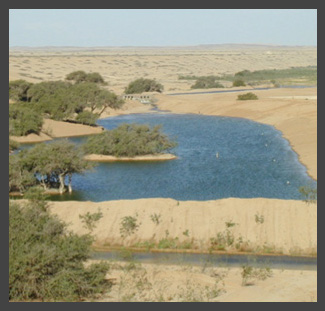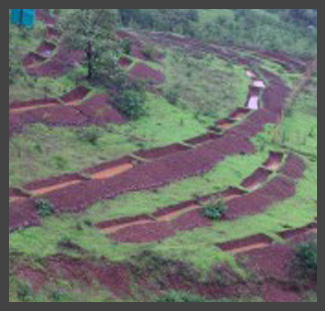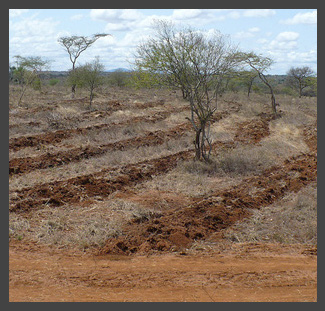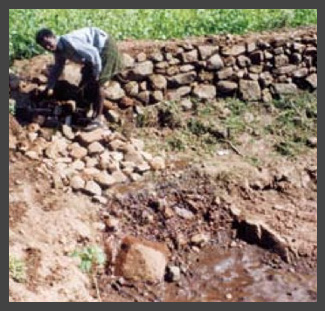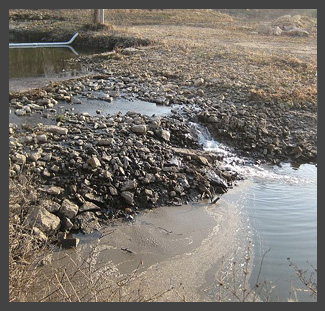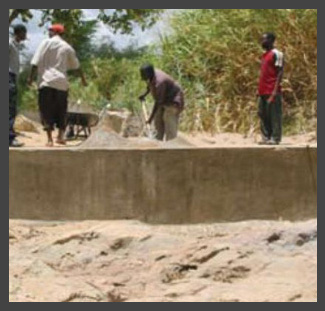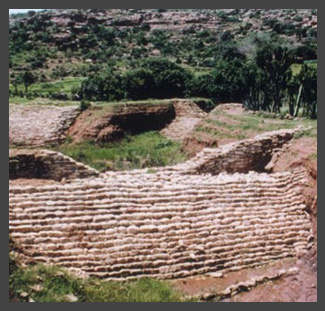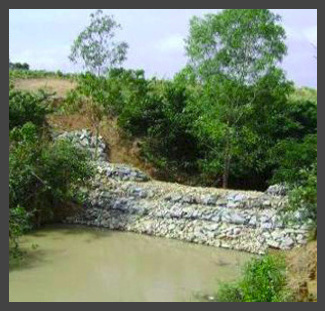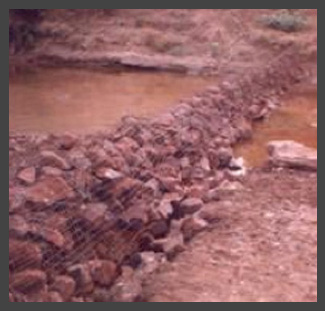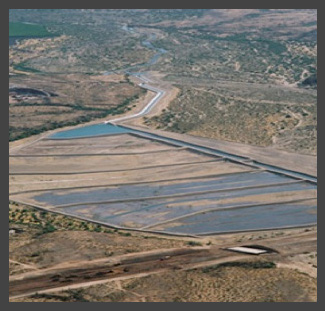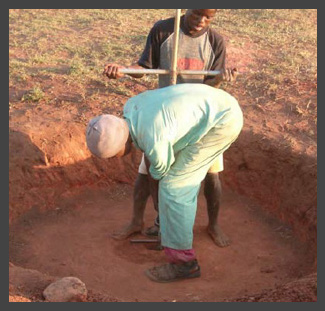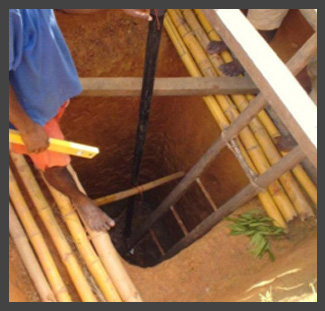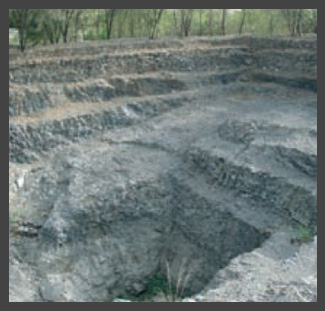Water Portal / Rainwater Harvesting / Groundwater recharge
From Akvopedia
| |
|
|
|
|
|
|
|
|
Groundwater recharge is the enhancement of natural ground water supplies using man-made conveyances such as infiltration basins, trenches, dams, or injection wells. Aquifer storage and recovery (ASR) is a specific type of groundwater recharge practiced with the purpose of both augmenting ground water resources and recovering the water in the future for various uses.
Climate change considerations
- More storage capacity needed to overcome seasonal dry periods and to reduce floods.
- Higher rainfall intensities may exceed infiltration capacities. Create storage, enhanced infiltration or artificial recharge.
- Lower rainfall results in the need for transport and storage of water from other areas.
- Changes in vegetation will cause changes in evapotranspiration, surface runoff, erosion and sediment transport/deposition. This requires water and soil conservation measures, like terracing.
Field experiences
These projects may be utilizing groundwater recharge techniques and are part of the project listing in Really Simple Reporting (RSR) on Akvo.org.
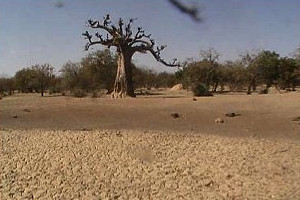 Etude technique d’avant-projet |
 Community-led WASH and Safe Motherhood |
Groundwater recharge links
- 3R Smart Solutions
- Africa Groundwater Literature Archive: The Archive is a searchable database of published and unpublished groundwater literature about Africa, including reports, journal articles, conference papers and maps. Many of these documents are freely available to download; for others, a link is provided to the online abstract, or a full bibliographic reference is given where the document is not known to be available online.
- Sustainable Development of Groundwater Resources in Southern and Eastern Africa. International Atomic Energy Agency.
- Rainwater Harvesting and Utilisation. Blue Drop Series: Book 2: Beneficiaries & Capacity Builders. UN-HABITAT.
- Managed Aquifer Recharge (MAR)
- Large wiki on water use for agriculture: Agropedia
Acknowledgements
- Tuinhof, Albert and Heederik, Jan Piet. Management of Aquifer Recharge and Subsurface Storage or (alternative link). Netherlands National Committee for the IAH and Netherlands Hydrological Society. 2002.
- Aquifer Recharge (AR) and Aquifer Storage & Recovery (ASR). United States EPA.
- Management of Ground Water in Africa Including Transboundary Aquifers: Implications for Food Security, Livelihood and Climate Change Adaptation. United Nations Economic Commission for Africa, African Climate Policy Centre, 2011.
- CARE Nederland, Desk Study: Resilient WASH systems in drought-prone areas. October 2010.
